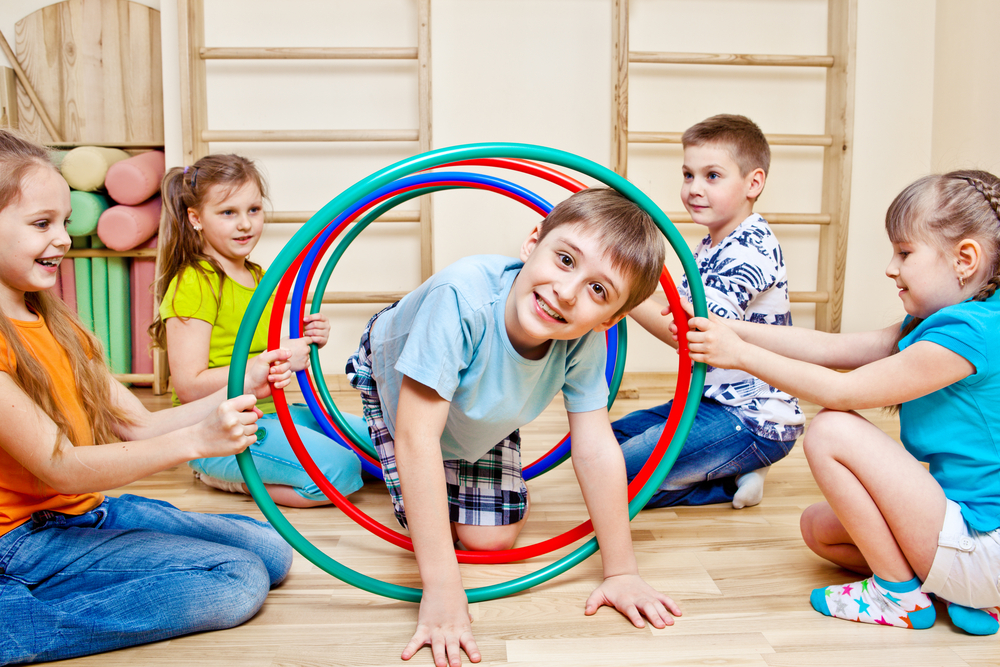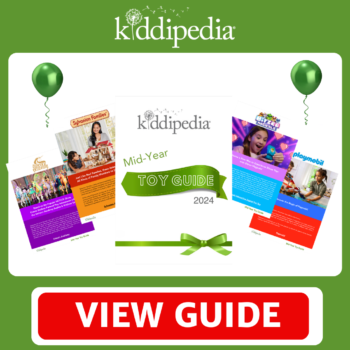Being a teacher is not uncommon today to have a child in your class who is busier than you. They are at before school care at 7:30 am every morning, thrown into a range of structured activities, then into a day of learning led by a teacher and afternoons filled with piano and guitar lessons, soccer, 2 types of dance and extra tutoring, again all structured and led by someone else, home in time for homework, practicing one of the musical instruments, dinner, reading and bed.
So when do our children just play?
All of the activities and opportunities available for our children now really is amazing, and the skills they learn, things they can try, hobbies they can have new things they learn are incredible. But there is something to be said for those of us who grew up climbing trees, running around the backyard without out shoes making up our own games and staying outside until you had so many mosquitoes bites you couldn’t handle it anymore.
Play for us might have just seemed to lie something we did because there was nothing else to de, and while for some of that may have been true, what we didn’t realise was all the amazing benefits, connections we were making and the thing we were learning as we did so.
Our children now though, as they are rushed from one activity to the next, and who spend most of their in structured activities, are missing out on more than we realise, and the impact could be long term.
In a report on play from 2007, the American Academy of Pediatrics (AAP) outlined a host of benefits of free play, including that it:
- Allows kids to use their creativity and develop their imagination, dexterity, and other strengths
- Encourages kids to interact with the world around them
- Helps kids conquer their fears and build their confidence
- Teaches kids to work in groups so they learn to share and resolve conflicts
- Helps kids practice decision-making skills
- Helps children adjust to school and enhance their learning readiness, learning behaviour, and problem-solving skills
(https://www.verywellfamily.com/the-importance-of-free-play-2633113)
As a teacher, we notice that children who experience free play, especially before school and with other children have a more developed vocabulary, are better risk-takers, are more independent than their peers, can think creatively and problem solve as well as show resistance and persist when something is challenging.
These skills are so important when it comes to learning something new, especially in the classroom.
So, with holidays coming up, it is a great time to go and play, take your shoes off, create and imagine, get outdoors and have fun. Play is even great for adults so mum and dad get out there and play too!
You may also like to read:









